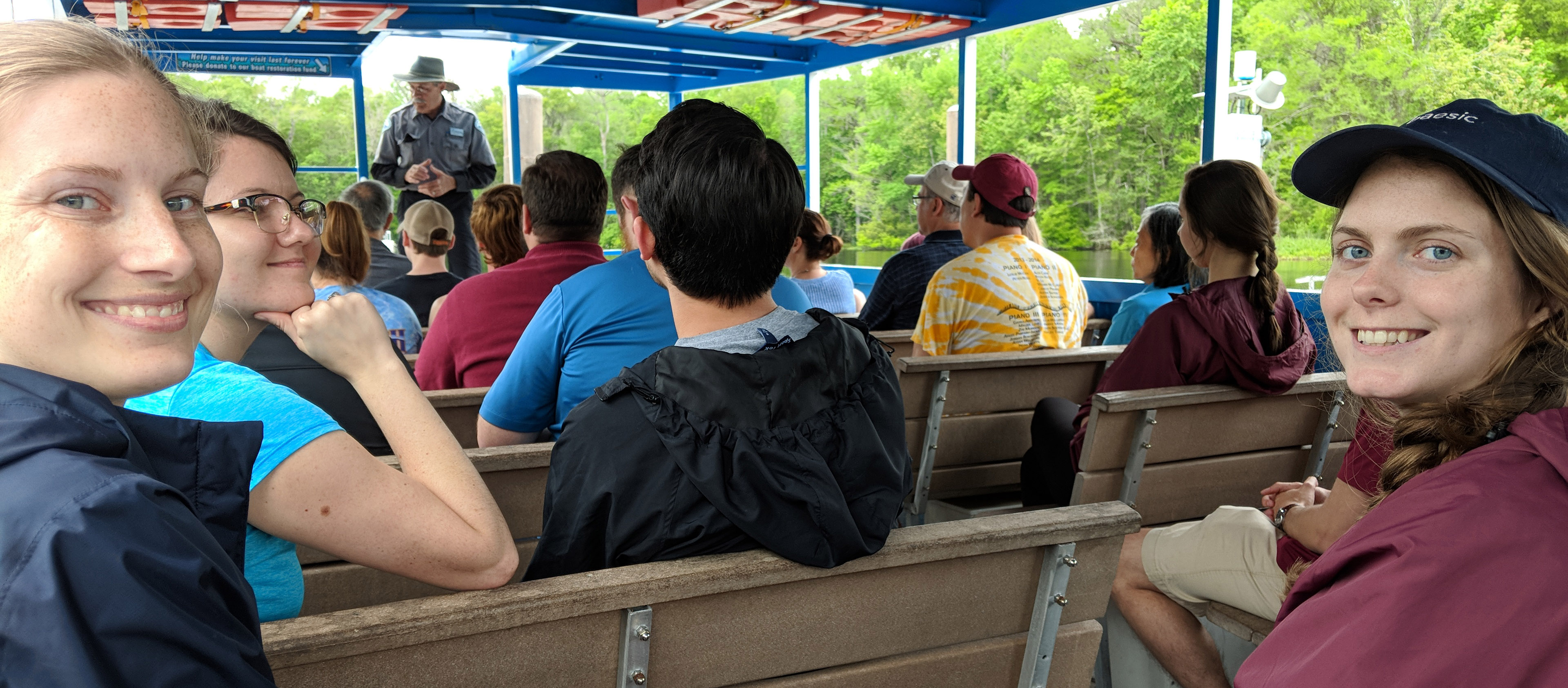This course provides an introduction to Water Law and Policy, a subject of great import to practitioners of environmental law, property law, international law, and other fields that contend with the allocation of scarce water resources among competing human, economic, and environmental needs. Water management is especially important in Florida, which lies over the largest freshwater aquifer in the world, and Florida has become a leader in modern regulatory approaches. The course explores the mechanics of water governance and how it has confronted the tensions between public and private rights in common pool resources and between the rule of law and legal instrumentalism. Water Law continues to grapple with unforeseeable changes in technology, societal needs, and scientific understanding, each forcing questions about the degree to which law should, must, and/or can adapt to new circumstances.
The first half of the course will cover the major doctrines of private water allocation in the eastern and western United States—riparian rights, prior appropriations, and hybrid permit systems. The second half of the course will explore special topics that intersect with Water Law, including groundwater, constitutional takings, the public trust doctrine, federal reserved rights, interstate and international disputes, water institutions, and Florida water governance. To experience these issues in living color, the class will take a mid-semester field trip to a regional site of Water Law interest. This course will be useful for students interested in careers in environmental law, land use law, urban planning, real estate development, agricultural and food law, and municipal and state government. The course may be used to count toward the Upper-Level Writing Requirement and Environmental Certificate, but other students are also very welcome in the class.

